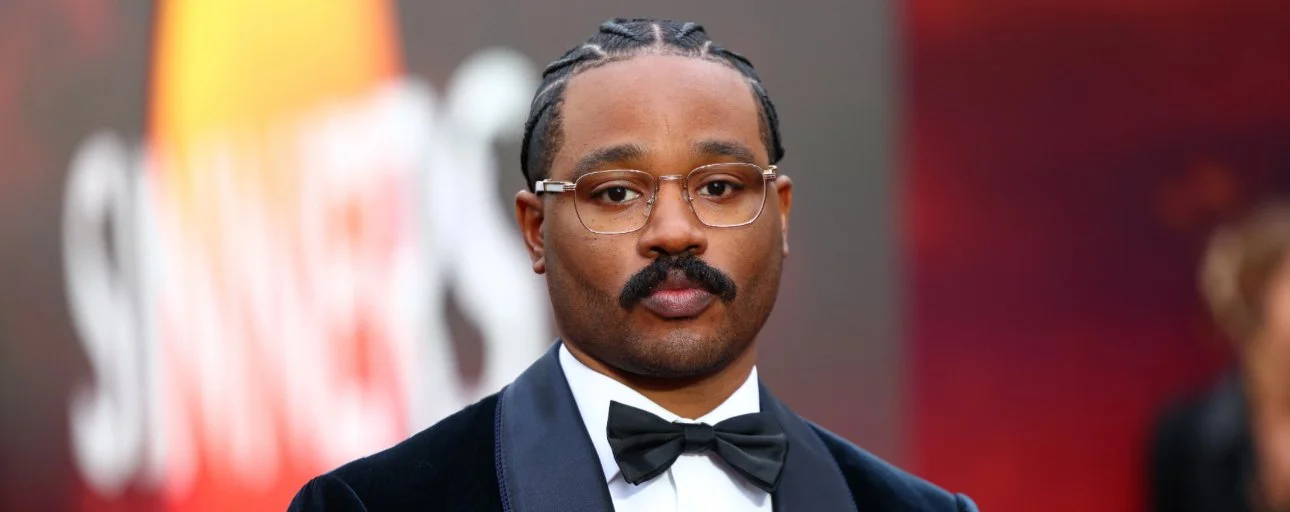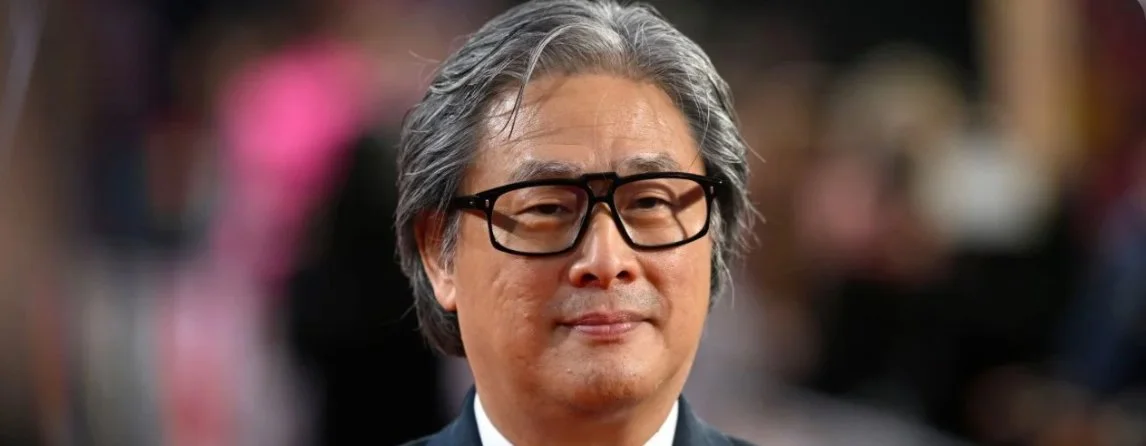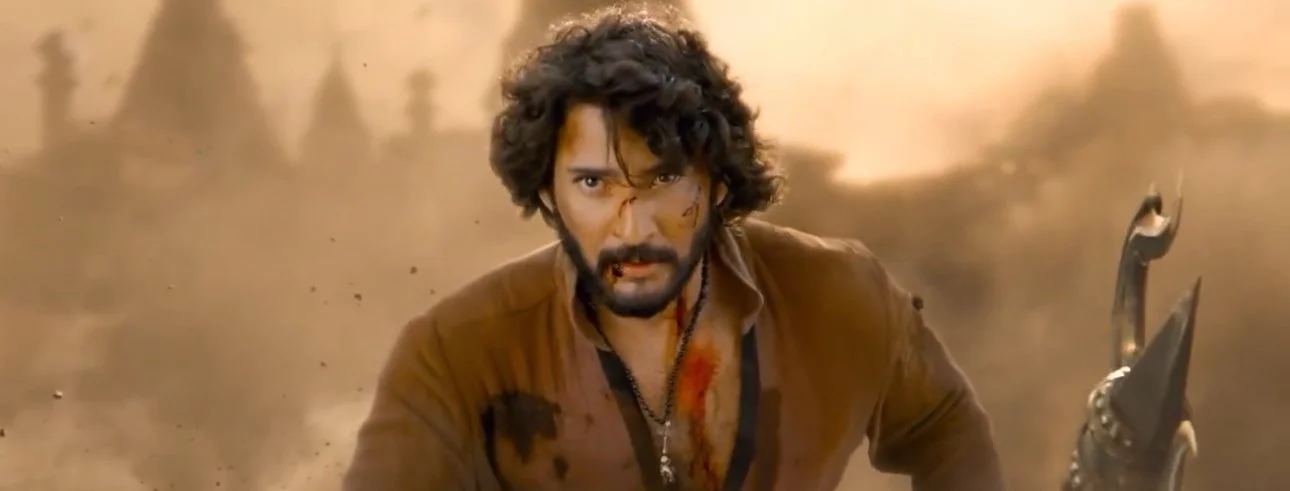It’s been a long time since making traditional or even vaguely conventional “movies” has interested legendary French New-Wave filmmaker Jean-Luc Godard. If anything, the director’s movies over the last 20 or so years have been experiential audio/visual collages more interested in pictures, sounds, cuts, and de-saturation, a maddening barrage of dadaist statements. Even with all that being said, his latest, “The Image Book,” playing in competition at Cannes, should be considered as radical a Godard-ian statement as any.
Godard’s latest endeavor has perplexed many, but despite all that, it did manage to win a Special Palme d’Or at Cannes earlier this year. And “special” is exactly what this film is, maybe not in the good sense of the term. Regardless, this film is a must for cinephiles as it is yet another addition into what has become one of the most inventive and original filmographies in cinematic history. Godard, at 88 years of age, is by all accounts, a God of the medium. You can check my review of the film here, although it’s not really a review as much as a bewildered what-the-hell-did-I-just-watch thingamajig. I’m not panning the film, nor am I necessarily recommending it, I just much preferred 2014’s 3D-infused “Goodbye to Language,“ which felt meatier and more substantial than ‘Image Book.’
A few excerpts from my 5.17.18 review:
"No, this is not “The Avengers,” but Godard, a cinematic radicalist, seems to be at the pinnacle of his pretension here. Where to start when describing the “plot?” Forget it. Images ranging from Youssef Chahine to Hitchcock unfurl at a rapid, ADD-styled pace. Not to mention the uglified, and non-pixelated, assault of furiously angry stock footage. There’s another Godard-ian “statement” on the Holocaust, but we’re not really sure what he’s trying to say because the clip lasts all of four short seconds. The beautifully-realized 3D experiment of “Goodbye to Language” is replaced by a nastily vicious tone of resentment for the outside world."
"Godard overloads each sequence in “The Image Book” with dozens of different films from Hollywood’s “Golden Age” to the unheard gems of world cinema. This magma of scenes and actors, known and unknown, can be interpreted according to everyone’s own experiences. Because nothing is explained, the images land on the viewer’s retina at such a fragmented and furious pace that it’s often impossible to interpret the experience. It’s only after you leave the theater that you try to assemble its incoherence, like a puzzle with pieces that don’t seem to fit."
"Some audiences will naturally loathe “The Image Book,” some will find moments of transcendence within, and others will leave perplexed and baffled. And that’s OK. “The Image Book” demands digestion in a purely personal way."
"Past and present, along with reality and fiction, seem to collide in this phonic, sensory world. As meaningless as Godard’s epileptic montage often feels, some moments do form a kind of coherence; the anger and revulsion for the horrors of war being normalized on television. Maybe this is just the message from the great beyond of an unfathomable cinematic mind warning of the incomprehension of the world that surrounds us. Godard surely does not care what we think."
“The Image Book” will hit select theaters beginning on January 25, 2019.





